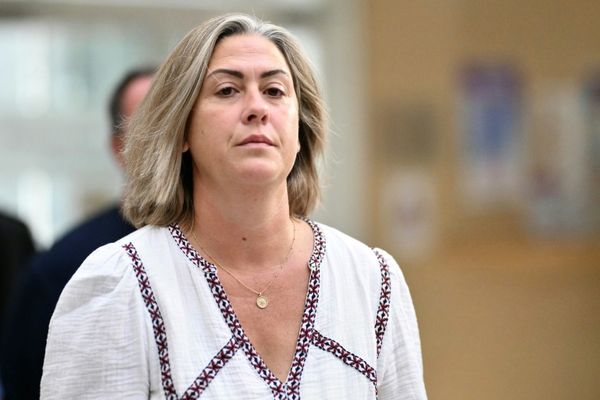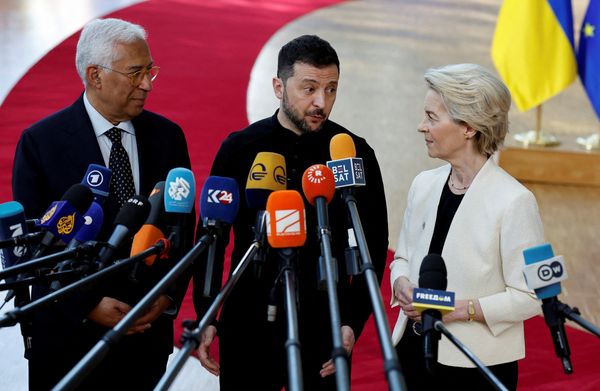
A new AI tool developed by a London hospital can assess a patient’s brain tumour scan in just three seconds, compared with five minutes needed by a radiologist.
Research by University College London found the tool could be used to more accurately predict an individual patient’s treatment outcome than with a doctor alone.
A workforce analysis forecast that if deployed nationally, it could save more than £1.5million in NHS costs within the next three years.
The discovery comes amid a debate over how artificial intelligence should be deployed in the health service. Ministers hope that the rollout of new technology could help to reduce waiting lists and improve care.
There are around 10,000 people in the UK living with brain tumours, with brain scans key to diagnosing the condition.
Radiologists analyse images to assess and describe where a tumour is, its approximate size and its proximity to healthy brain structures.
A study of 1,172 patients conducted by a team at University College London Hospital (UCLH) and the UCL Queen Square Institute of Neurology showed the tool is accurate across patients of all ages and sexes.
Lead author Dr James Ruffle said: “Given that the imaging appearances of an individual’s brain tumour vary greatly from one patient to another, artificial intelligence technologies provide an innovative solution to enhance healthcare workers’ data-driven decision making, improving and personalising care for each individual affected, and at near-zero additional cost to the NHS – and with savings to the NHS over the medium term.”
The UK suffers from an acute shortage of radiologists, with just seven radiologists per 100,000 people - one of the lowest rates in Western Europe.
The Royal College of Radiologists has warned that too many patients are left waiting for scan results due to a staffing pressure and a growing volume of scans.
Senior author Dr Harpreet Hyare, Lead Teenage and Young Adult Neuroradiologist at UCLH, said: “This work shows real promise in enabling neuroradiologists to provide accurate and quantified descriptors of brain tumours.
“Thanks to an Innovation Fund award from The National Brain Appeal, we now look to translate this tool into clinical practice. By providing objective quantitative assessments of different brain tumour components that can be monitored over time, we can enable clinicians to plan treatment more effectively at critical time points.”







